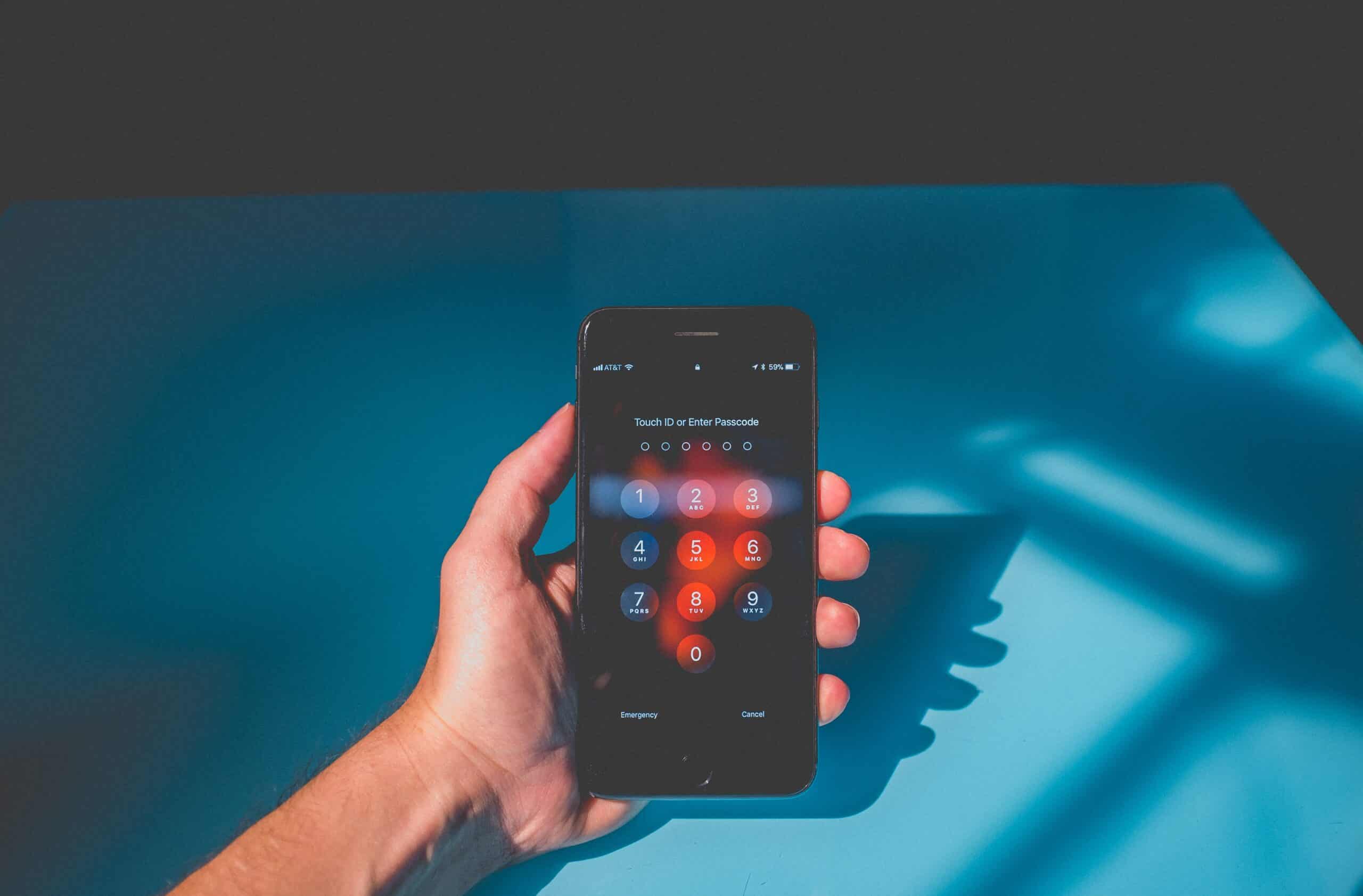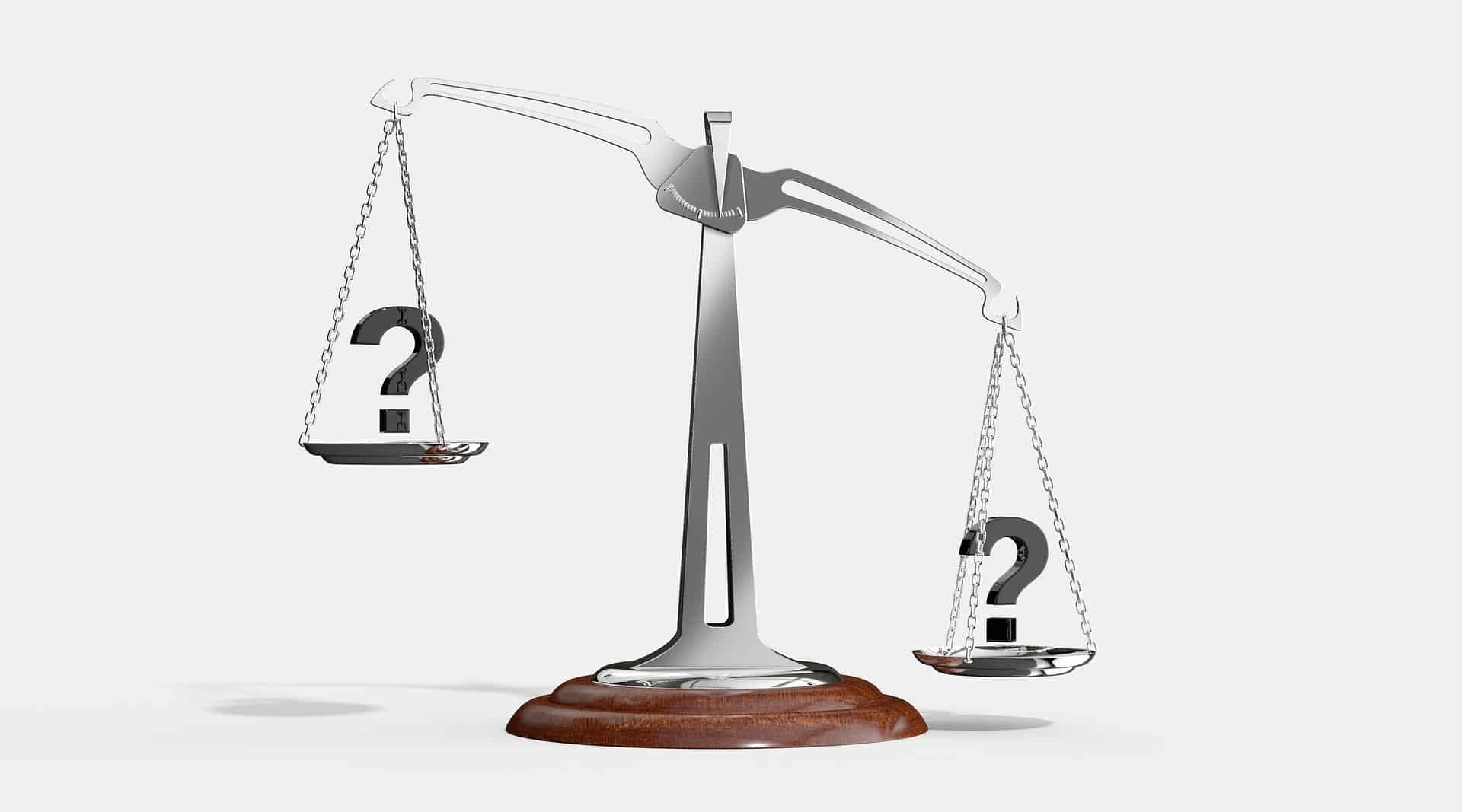As the cyber universe continues to grow, with more and more people using social media, shopping online, and accessing confidential information from their computers or mobile devices, it’s essential that we take a month to go over the basics of staying safe in cyberspace. October is Cybersecurity Awareness month, so it’s time to make sure you’re protected and prepared.
Let’s face it; cybersecurity is an ongoing battle. With the ever-changing landscape of threats coming and going, it’s hard to stay on top of what matters and what doesn’t. So to help you stay cybersmart this month, we’ve put together this Cybersecurity Awareness month guide.
Cybersecurity Awareness Month: 8 Things You Can Do To Be CyberSmart
The threat of cyber-attacks is real and ever-present. Every day, hackers devise new ways to take advantage of unsuspecting users. Fortunately, you can take some simple steps to make your data safer and more secure. Check out this blog post for some cybersecurity tips to help keep you safe!
What Is Cybersecurity?
Cybersecurity is the process of preventing unauthorized access to or theft of computer data. This includes saving data stored on computers, servers, and other devices and transmitted data over networks. Cybersecurity measures include installing firewalls, encrypting data, and creating strong passwords.
October is Cybersecurity Awareness Month, so it’s a good time to learn more about protecting your electronic information. Here are some things you can do to be cyber-smart:
Keep Your Software Up To Date.
Maintain software updates: Your operating system, web browser, and installed applications are all included in this. Outdated software can leave you vulnerable to cyberattacks. Also, make sure to install security updates for your operating system and other software as soon as they become available.
Use Strong Passwords.
Create unique passwords that are at least eight characters long and include a mix of uppercase and lowercase letters, numbers, and symbols. Avoid using easily guessed words like your name or birthday. And NEVER use the word “password” as your password.
Be Careful What You Click.
Don’t click on links or attachments in emails or messages unless you’re sure they’re from a trusted source. Never open links in emails coming from unidentified sources. Cybercriminals often use malicious links in emails to infect your computer with malware or steal your personal information.
If you’re unsure about who sent the email, don’t click on any links it contains.
Think Before You Post.
Don’t share personal information or sensitive data online. Be aware that anyone could see anything you post, so think carefully before you hit “send.”
Be Aware Of Phishing Scams:
Phishing scams are emails or websites that try to trick you into giving out personal details such as your bank account information or login credentials. Be suspicious of any email or website that asks for sensitive information.
Use A Secure Connection When Possible
When accessing sensitive information online, make sure you’re using a secure connection (HTTPS). You can tell if a connection is secure if there’s a padlock icon next to the domain name in the url bar.
Always Enable Multi-Factor Authentication, When Available.
Also referred to as two-step verification and two-factor authentication. Whatever name you give it, multi-factor authentication, or MFA, is a security feature that necessitates a two-step process for anyone attempting to enter into an account in order to verify their identity. Criminals find it twice as difficult to access an internet account. Always turn it on when it’s accessible because it’s simple to do and significantly boosts your security.
Set Up a Password That’s Tough to Crack
We mentioned this a little earlier but wanted to share more about it because it is by far one of the easiest ways to keep the hackers out. One of the best things you can do to be cyber-smart is to set up a password that’s tough to crack. At least eight characters, mixed upper- and lowercase letters, numerals, and symbols, should make up a strong password. Avoid using phrases like “password” or your birthday, which are easily guessed.
You can make your password even stronger by using a passphrase instead of a single word. A passphrase is a series of words that are strung together to create a strong, unique password. For example, you could use the passphrase “My favorite color is blue” to create the password “mfci$blu3.”
Once you have a strong password, it’s important to keep it safe. Avoid writing it down or storing it in an unsecured location like your email inbox or the notes area on your phone. You should also change your password regularly, yes! Regularly!!…don’t be that person that has had the same password for years. And if you suspect your accounts may have been compromised, change your password to something COMPLETELY different right away..
What To Do If You Think Someone Is Trying To Steal Your Identity?
First, you should never give out personal information unless you are absolutely sure that the person or organization you are dealing with is legitimate. You should also be cautious about what personal information you share on social media. Be aware of the privacy settings for your accounts and only share information that you are comfortable with other people seeing.
Additionally, you should monitor your credit report and financial statements. If you see any unusual activity, it could indicate that someone is trying to use your information to commit fraud. Any unusual conduct should be immediately reported to your bank or credit card company.
Tips for Staying Cyber-Smart
Social Media Awareness: What You Share and Who You Share It With
During Cybersecurity Awareness Month, you must be aware of what you share on social media. Be cautious when sharing personal information. such as your address, phone number, or date of birth. The more personal information that you have out there in the online world, the easier it is for cyber attacks. So, keep your personal information private.
Don’t forget that you can also control who sees your posts by changing your privacy settings.
Protect Your Personal Information – Cloud Storage
During Cybersecurity Awareness Month, it’s important to think about these things, but honestly you need to keep it in the forefront of your mind all the time, And it’s always important to consider how to protect your personal information. One way to do this is to use cloud storage.
When you store files in the cloud, they are stored on a remote server. This means that they are not stored on your computer or device. This can be advantageous because if your computer or device is lost or stolen, your files will still be safe. Additionally, if your computer crashes, your files will still be accessible.
However, it’s important to remember that storing files in the cloud is not entirely private. The company that provides the cloud storage service will have access to your files. Additionally, hackers may target cloud storage services in an attempt to gain access to people’s files. For this reason, it’s important to choose a reputable cloud storage service and to use a strong password.
Put these practices into action in your everyday life and live in a safer online world. But, remember there are trolls everywhere…it’s up to you to take action to keep your information safe.



